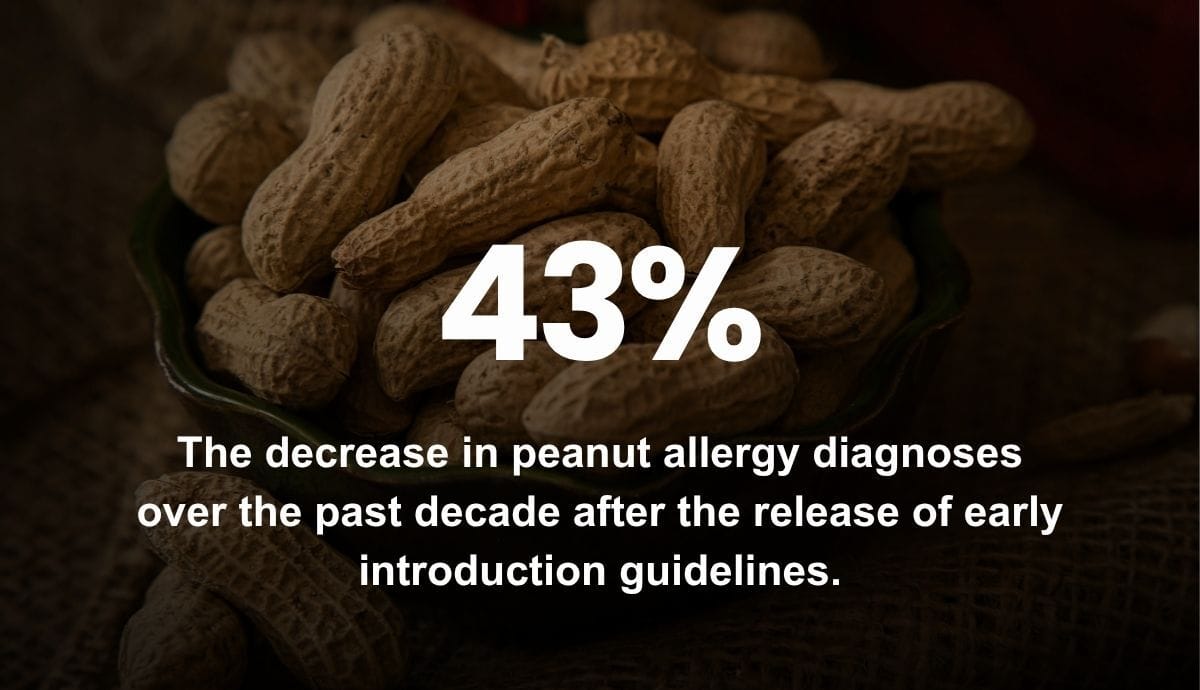- Sunrise Stat
- Posts
- 🌅 A Landmark Decline in Peanut Allergies
🌅 A Landmark Decline in Peanut Allergies
Uncover the power of a single statistic: Sign up for Sunrise Stat to find your intellectual clarity.
SOURCE
WHAT TO KNOW
Peanut allergies in children under 3 fell by 43% in the years after the government formally recommended the early-introduction approach to allergens and issued national guidelines. The authors say their work provides real-world evidence that early introduction works and represents a landmark shift in the U.S. food allergy epidemic.
WHY IT MATTERS
The decrease means some 40,000 to 60,000 cases of peanut allergies have been prevented over the past decade in children under 3. It also means peanuts are no longer the leading cause of food allergies in children; a distinction that now belongs to eggs. Still, the authors say their study has several limitations, since it didn’t include information about children’s diets and didn’t capture allergy rates among older children to see if the change would last into adolescence.
CONNECT THE DOTS
For decades, as food allergy rates climbed nationwide, parents were told to avoid exposing their babies to peanuts to prevent them from developing a potentially deadly allergy. However, a landmark study in 2015 found the exact opposite is true, suggesting early exposure could reduce an infant’s chance of developing an allergy by over 80%. Two years later, the National Institute of Allergy and Infectious Diseases formally recommended early exposure and released new pediatric guidelines.
